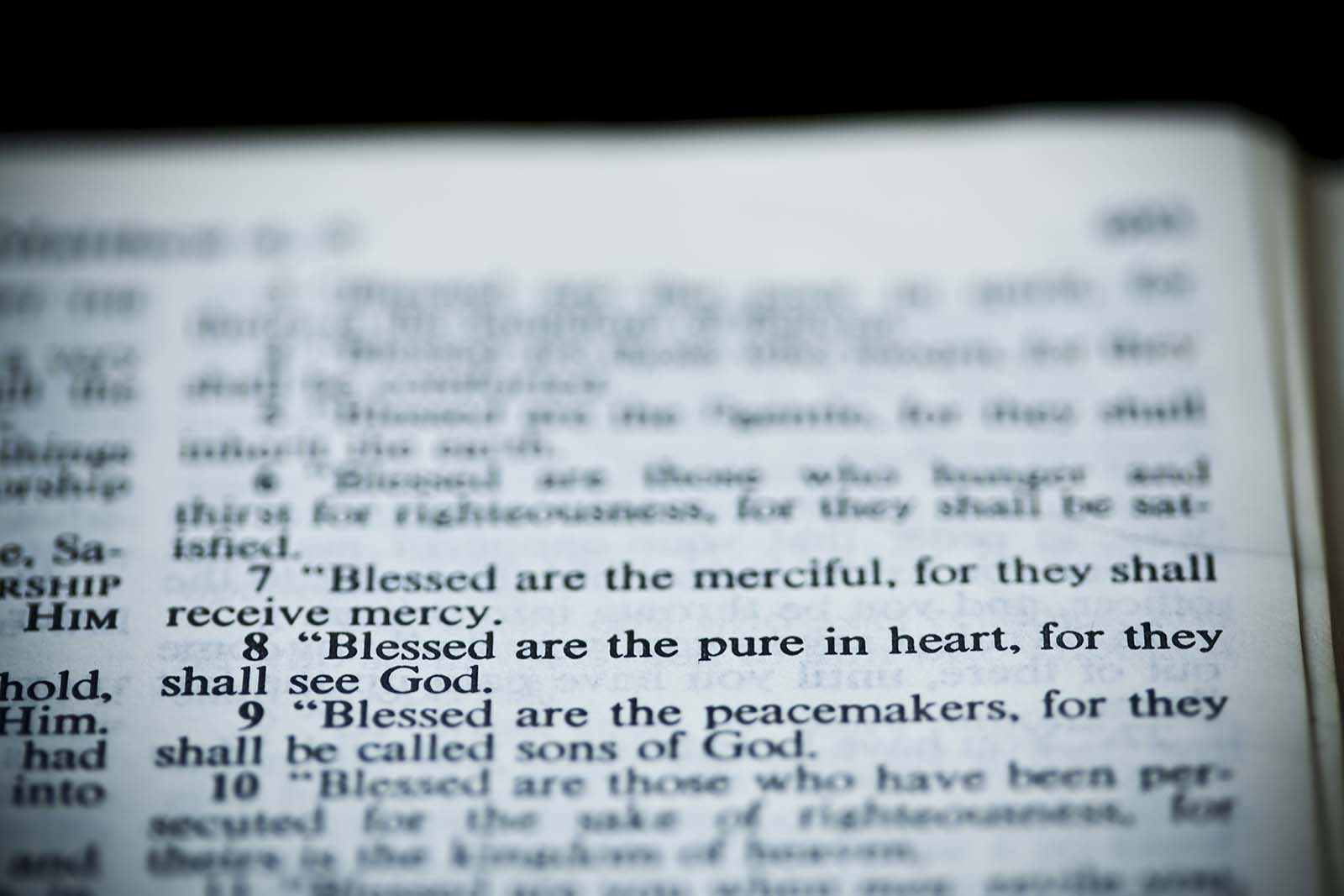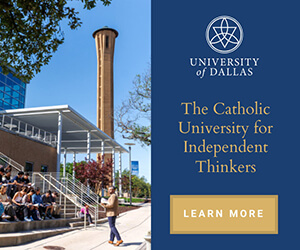A well-formed conscience enables us to discern God’s will and build up relationships of love for him and for his family on earth, the Church. It is not just about avoiding sin, keeping ourselves unstained, but about showing our love for God in deeds, in everything we do and say.
On Mount Horeb God gave Moses the Ten Commandments and explained their consequences (Exodus 20:1-23:33). Yet Christ elevates the Ten Commandments with the Beatitudes in his Sermon on the Mount (Matthew 5:1-7:29 and Luke 6:17-49), simplifying Christian morality into a comprehensive way of life and true love: while the Commandments reflect a kind of parental pedagogy, teaching children what behavior kills relationships, the Beatitudes reflect right relationships with God and others based on love, showing what “love and do what you want” really means: an unselfish, pure, forgiving, and understanding love… a self-sacrificing love, as the Catechism of the Catholic Church says:
The Law of the Gospel ‘fulfills,’ refines, surpasses, and leads the Old Law to its perfection. In the Beatitudes, the New Law fulfills the divine promises by elevating and orienting them toward the ‘kingdom of heaven.’ It is addressed to those open to accepting this new hope with faith—the poor, the humble, the afflicted, the pure of heart, those persecuted on account of Christ and so marks out the surprising ways of the Kingdom (CCC 1967).
The Beatitudes make the Christian way of life attractive: “Blessed are the poor in spirit… the peacemakers, for they shall be called sons of God.” The ultimate sign of our love for God is total, self-giving love: ”Blessed are those who are persecuted for righteousness’ sake… when men revile you and persecute you and utter all kinds of evil against you falsely on my account. Rejoice… for your reward is great in heaven” (Matthew 5:10-12).
Why are the Beatitudes important for us? The beatitudes are at the heart of Jesus’ preaching and they take up and fulfill the promises that God made starting with Abraham. They depict the very countenance of Jesus and they characterize authentic Christian life. They reveal the ultimate goal of human activity, which is eternal happiness… The beatitudes respond to the innate desire for happiness that God has placed in the human heart in order to draw us to Himself. God alone can satisfy this desire (CCC 360-61).
Yet the Beatitudes do not supplant the Commandments, which some perceive as overly negative. Rather our Lord says the opposite—the Beatitudes must fulfill the Law:
“Think not that I have come to abolish the law and the prophets; I have come not to abolish them but to fulfill them. For truly, I say to you, heaven and earth will pass away before an iota or a dot will pass from the law and all is accomplished. Whoever then relaxes one of the least of these commandments and teaches men so will be called least in the kingdom of heaven; but he who does them and teaches them will be called great in the kingdom of heaven” (Matthew 5:17-20).
The Sermon on the Mount then links each Commandment to the Beatitudes: Christ links the Fifth Commandment to “Blessed are the meek…” raising it up to previously inconceivable heights: “You have heard that it was said to the men of old, ‘You shall not kill; and whoever kills shall be liable to judgment.’ But I say to you that every one who is angry with his brother shall be liable to judgment” (Matthew 5:21-22). Our Lord is saying that to get to heaven, it is not sufficient to avoid murder; one must be truly meek and loving to the point of dying for another person, even for someone one may detest. Christian morality is truly heroic!
As a way to summarize Christian morality, we too shall go about linking the Ten Commandments with the Beatitudes and drawing out their natural consequences.


